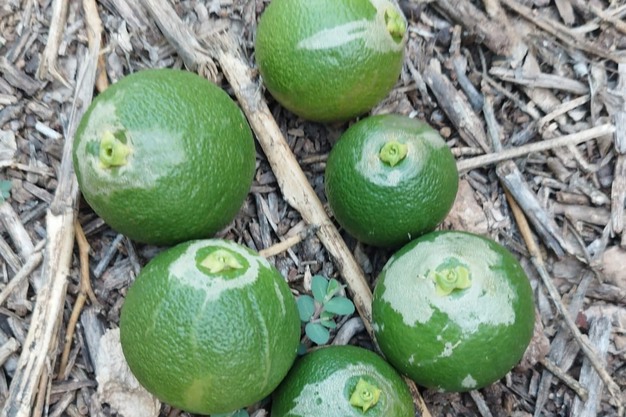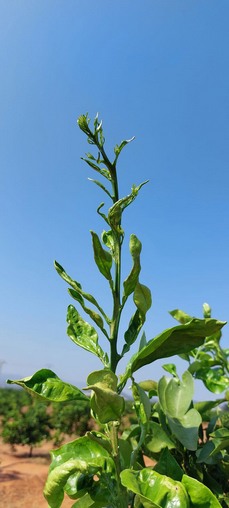The agricultural organization La Unió Llauradora has reported the presence of the South African thrips in plots in the Camp de Morvedre region, where it is causing significant damage. This follows previous detections in the regions of Vega Baja, Safor, La Ribera and Plana Baixa.

LA UNIÓ recently asked the Regional Council of Agriculture for a specific budget line to fund the distribution of free yellow chromotropic sticky traps to detect the presence of South African thrips in plots in the Region of Valencia, because many other regions may also suffer damages.
In order to provide support to the sector, reduce production costs and improve the pest control strategy, LA UNIÓ is requesting the distribution of traps; a measure which should also be implemented during the months of February and March, which is why it is essential to start the corresponding management procedures in advance.

At the moment, the presence of the pest is causing significant damage to citrus, kaki and pomegranate crops in the Region of Valencia, considerably increasing costs for growers, who are forced to carry out more phytosanitary treatments to combat it. Growers are thus covering the extra production costs resulting from the impact of an imported pest.
This year's warm winter temperatures, together with sufficient relative humidity, have facilitated the development and spread of thrips in production areas in Seville, Huelva, Valencia and the south of Portugal.
The South African thrips (Scirtotrhrips aurantii) is a highly polyphagous pest that affects more than 70 plant species belonging to different botanical families. This thrips species is considered a great threat to citrus fruits (mainly oranges), but it can also affect avocados, table grapes, pomegranates and kakis, causing the fruit to lose its commercial value and making it only suitable for processing. Larvae and adults cause most of the damage on the fruits, although buds in formation can also be repeatedly attacked by the pest.
LA UNIÓ has criticized the problems caused by the entry of pests due to the import of products from third countries and said that "growers are already dealing with very high production costs due to the pests that have been introduced, so any measure that can help prevent their arrival into our fields should be supported."
"Once again, an imported pest is going to cost a lot of public money in prospecting, research and subsequent aid for control; all because import protocols and surveillance plans are ineffective. The European Commission should take responsibility for the negligence that has allowed the entry of a new quarantine pest into its territory."
For more information: Robert Beltrán
Robert Beltrán
La Unió
Tel.: +34 663 14 92 92
[email protected]
https://launio.org
